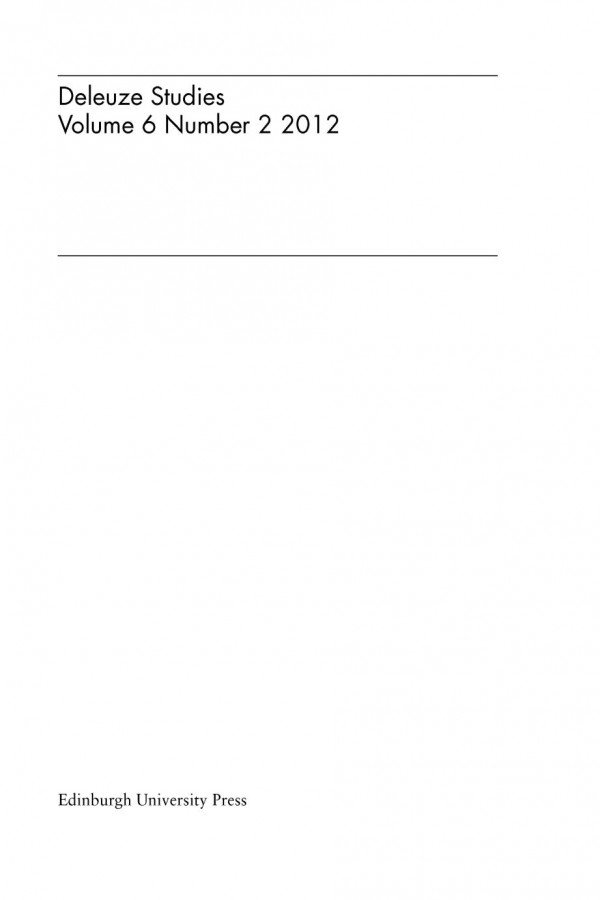

Most ebook files are in PDF format, so you can easily read them using various software such as Foxit Reader or directly on the Google Chrome browser.
Some ebook files are released by publishers in other formats such as .awz, .mobi, .epub, .fb2, etc. You may need to install specific software to read these formats on mobile/PC, such as Calibre.
Please read the tutorial at this link: https://ebookbell.com/faq
We offer FREE conversion to the popular formats you request; however, this may take some time. Therefore, right after payment, please email us, and we will try to provide the service as quickly as possible.
For some exceptional file formats or broken links (if any), please refrain from opening any disputes. Instead, email us first, and we will try to assist within a maximum of 6 hours.
EbookBell Team

5.0
80 reviewsThe year 2012 marks the 20th anniversary of Félix Guattari’s untimely passing in 1992 at the age of 62. This volume acknowledges the prescience of his insight into capital as a semiotic operator, which has been taken up by theorists of immaterial labour in the post-Autonomist movement, and invites his readers to meditate on the relevance of his thought for a critical diagnosis of present and future mutations of capitalism and labour in the turbulent global info-machinic ecologies of our time. Guattari tried to imagine a post-media era in which new subjectivities could blossom and experiments in controlled chaoticization would flourish. The essays assembled here answer why, and how, to read Guattari today.